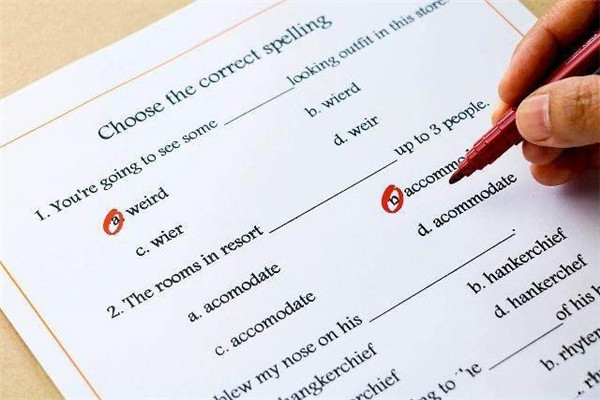一、动词(Verb)
一般现在时表示现在的状态
如:He is twelve.She is at home.
表示经常的或是习惯性的动作.
如:I go to school at 7:30 every day.
表示主语具备的的性格和能力等
如:She like apple.They know English.
(一)动词be(Verb to be)
肯定式I am......否定I am not....
肯定式You are...否定式You are not....
肯定式He/She/It is....否定式He/She/It is not....
疑问句和简略答语
Am I ....?
Yes,you are./No,I you are not.
Are you....?
Yes,I am./No,I am not.

(二)There be结构
"There is/are+某物/某人+某地/某时"这样一种句型,大致相当于汉语"某地/某时有某物/某人"的说法.句子的is/are和后面所跟的名词在数方面必须是一致.
肯定式:There is(There's)a table in your room.
There are(There're)some pencils on the desk.
否定式:There is not(There isn't)any cats here.
There are not(aren't)any cats here.
疑问式和简略答语
Is there a ruler in your bag?
Yes,there is./No,there is not(isn't).
Are there any people in that house?
Yes,there are./No,there are not(aren't).
How many kites are there in the sky?
There are thirteen.

二、句子的种类(Kinds of Sentences)
英语的句子按照用途可分为以下四类:
陈述句 用途是用来说明事实或说话人的看法 例句:I can see a map on the wall.
I think it's his.
疑问句 用途是用来提出问题. 例句:Are you Mr Green?
Can you find it ? How old are you?
祈使句 用途是用来表示请求和命令. 例句: Sstand up.Come in,please.
Let's play games.
感叹句 用途是用来表达强烈的感情. 例句:What a fine day it is!
How beautiful the flowers are!

三、一般疑问句和特殊疑问句
一般疑问句子和特殊疑问句
一般疑问句(General Question)一般是指用Yes或No回答的疑问句。
例如:Is she at school today? Yes,she is/No,she isn't.
Can you see a pencile on the desk? Yes,I can./No,I can't.
Do you play football? Yes,they do./No,they don't.
特殊疑问句是以特殊疑问词开头的疑问句.
本文来自网络投稿,仅供学习参考!不代表本站立场,该文观点仅代表原作者本人,本站不拥有所有权,不承担相关法律责任。如发现本站有抄袭侵权/违规的内容,请发送邮件至1762202553@qq.com反馈,一经查实,本站将立刻删除。